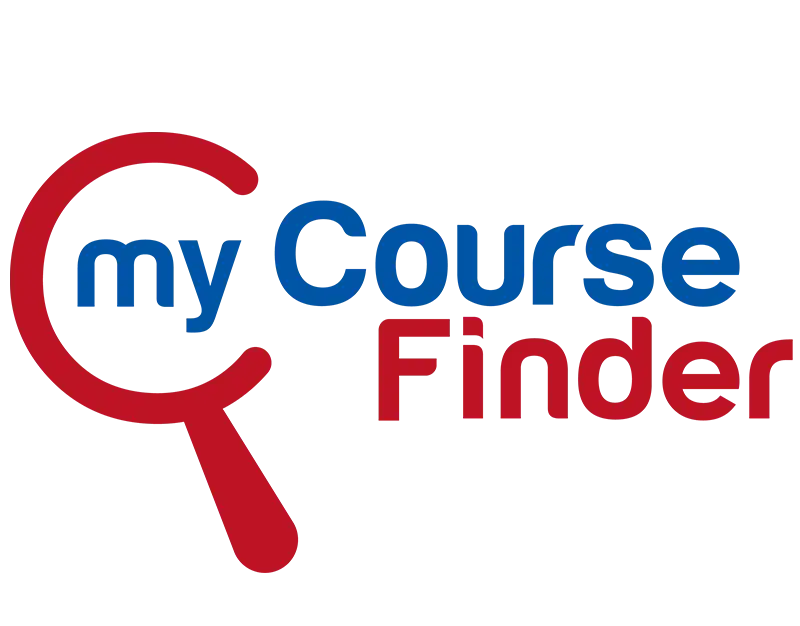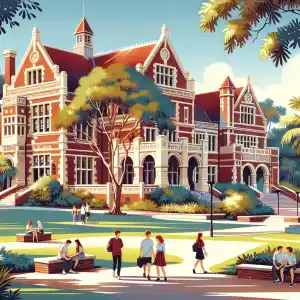Primary School Studies of Education

Welcome to your ultimate resource for understanding primary school education in Australia, tailored for parents, educators, and students alike. This guide aims to shine a light on the dynamic and varied educational landscape for children aged 5-12, offering insights into the core academic curriculum, innovative general education programs, and the diverse mixed field programs available across the nation.
Introduction
Australia's primary school education forms the foundation of lifelong learning, catering to the developmental and educational needs of children in years 1 through 6. Encompassing a range of educational philosophies and programs, this guide demystifies the Australian education system's structure, curriculum, and opportunities, providing a comprehensive overview of Education Studies, General Education Programmes, and Other Mixed Field Programmes.
1. Education Studies (Years 1-6)
- Focus
This segment delves into the realm of educational exploration, blending theoretical knowledge with practical insights into the world of teaching and learning.
- Curriculum
Children encounter a range of subjects aimed at understanding the education system itself, including:
- Teaching methodologies
- Child development theories
- Classroom management strategies
- Educational psychology
- Curriculum design and assessment
- Delivery
Incorporated through a variety of teaching methods:
- Project-based learning
- Role-playing exercises
- Classroom observations
- Interactive discussions
- Benefits
Engaging in Education Studies offers numerous advantages:
- Insights into the roles and responsibilities of educators
- Enhancement of critical thinking, communication, and collaborative skills
- Early exposure to potential career paths in education
- Programs and Opportunities
- Specialized Education Studies subjects or electives in certain schools
- Extracurricular programs and workshops emphasizing educational themes
- Volunteering in educational settings for real-world experience
2. General Education Programmes (Years 1-6)
- Focus
These programs are designed to provide a comprehensive education, covering a wide array of subjects for holistic development.
- Curriculum
Adhering to the Australian Curriculum, students engage with:
- English
- Mathematics
- Science
- Humanities and Social Sciences
- Health and Physical Education
- Languages
- Technologies
- The Arts
- Delivery
The approach varies, featuring:
- Direct instruction
- Independent study
- Group projects
- Creative and performing arts
- Benefits
General education programs are beneficial for:
- Developing vital literacy and numeracy skills
- Encouraging exploration across diverse subjects
- Laying the groundwork for advanced education and diverse career options
- Additional Programs
- Advanced placement for high-achieving students
- Remedial support for those needing extra help
- Specialized programs in languages, sports, and arts
3. Other Mixed Field Programmes (Years 1-6)
- Focus
These programs integrate traditional academic subjects with practical, skill-based learning.
- Programs
A wide range includes:
- STEM initiatives
- Outdoor and environmental education
- Art and design
- Vocational skills for younger students
- Delivery
Characterized by its hands-on approach:
- Project-based learning
- Collaborative tasks
- Creative problem-solving
- Benefits
Mixed field programs provide:
- A diversified learning experience beyond standard subjects
- Tailored learning paths catering to individual interests and talents
- Practical skills and early career exploration
- Finding Programs
- Investigate offerings at local schools
- Look into community-based educational initiatives
Tuition Fees
Here's a general idea of the fee ranges for international students in primary schools across Australian states and territories:
-
New South Wales (NSW)
- Public Schools: Approximately AUD 8,000 to AUD 14,000 per year.
- Private Schools: Can range from AUD 15,000 to over AUD 30,000 per year.
-
Victoria (VIC)
- Public Schools: Approximately AUD 7,500 to AUD 13,000 per year.
- Private Schools: Generally from AUD 15,000 to over AUD 30,000 per year.
-
Queensland (QLD)
- Public Schools: About AUD 7,000 to AUD 13,000 per year.
- Private Schools: Fees can vary widely, starting around AUD 15,000 and can go much higher depending on the institution.
-
Western Australia (WA)
- Public Schools: Around AUD 6,000 to AUD 12,000 per year.
- Private Schools: Typically from AUD 15,000 to over AUD 30,000 per year.
-
South Australia (SA)
- Public Schools: Approximately AUD 7,000 to AUD 12,000 per year.
- Private Schools: Starting from AUD 15,000 to over AUD 30,000 per year.
-
Tasmania (TAS)
- Public Schools: About AUD 7,000 to AUD 11,000 per year.
- Private Schools: Usually from AUD 15,000 to over AUD 30,000 per year.
-
Australian Capital Territory (ACT)
- Public Schools: Approximately AUD 9,000 to AUD 14,000 per year.
- Private Schools: Generally from AUD 15,000 to over AUD 30,000 per year.
-
Northern Territory (NT)
- Public Schools: Around AUD 7,000 to AUD 10,000 per year.
- Private Schools: Typically starting from AUD 15,000 and can be much higher.
It's crucial for prospective international students and their families to directly contact the schools or the Department of Education in the respective state or territory for the most accurate and up-to-date information. Additionally, these figures are indicative and may change; some schools might offer scholarships or other financial assistance programs that could significantly reduce the cost of tuition.
Additional Tips for Navigating Primary School Education in Australia
- Regularly communicate with educators and be involved in the school community.
- Keep up-to-date with curriculum developments and educational reforms.
- Foster your child's unique abilities and encourage their passions.
- Promote a balanced approach to learning, integrating academic, physical, and creative pursuits.
- Access a variety of online tools and resources for additional learning support.
Conclusion
Australia's primary education is diverse and robust, offering a variety of paths and opportunities for children to grow intellectually, emotionally, and socially. As parents and educators, understanding these options allows you to guide and support your child through these formative years effectively. Embrace the journey of learning with your child, utilizing this guide as a roadmap to navigate the exciting educational landscape of Australia's primary schools.











